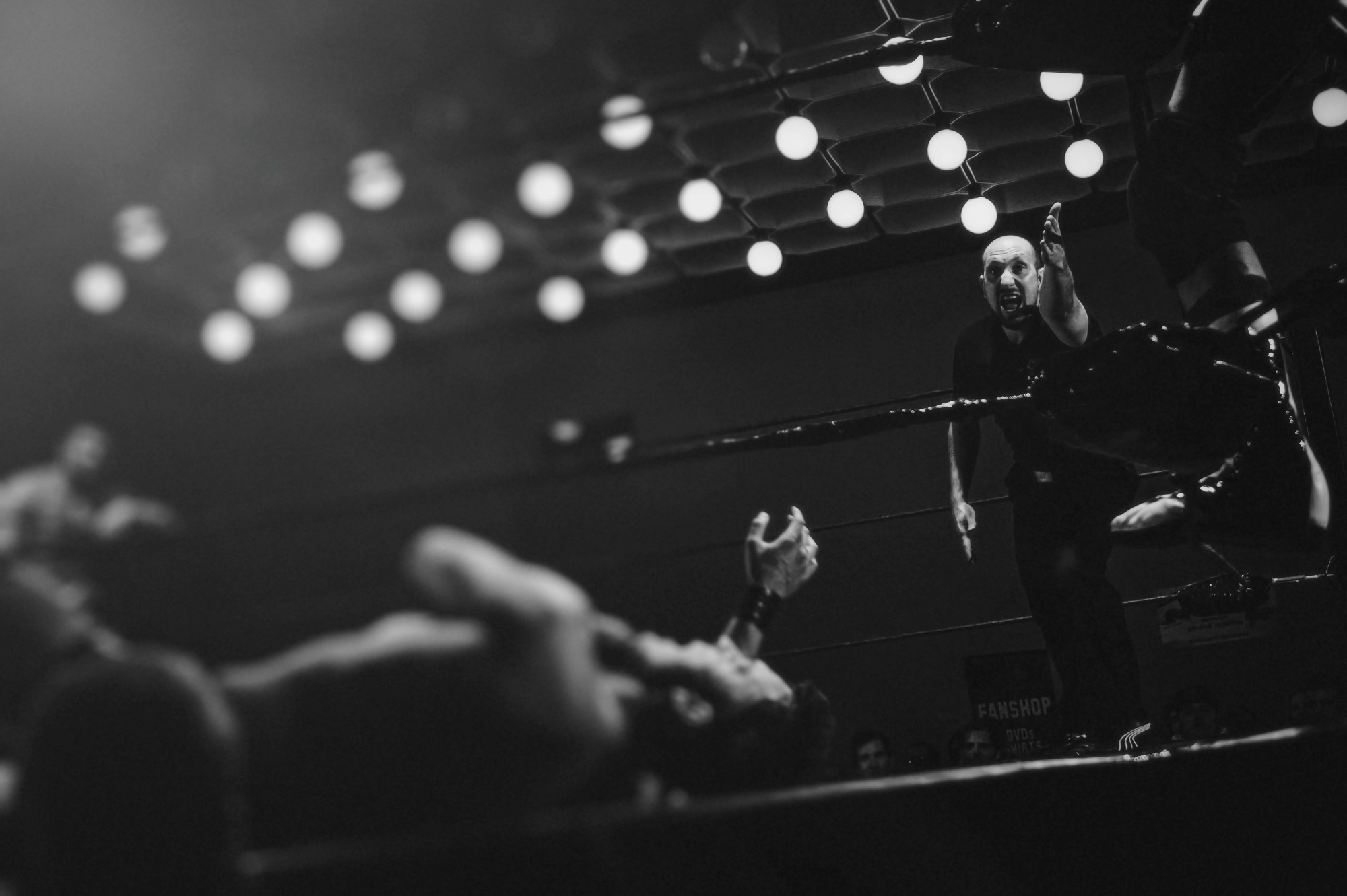The American Broadcasting Company’s (ABC) reality dating show “Bachelor in Paradise”[1] made headlines when the show was suspended pending allegations of sexual misconduct by an anonymous producer.[2] While those allegations were later concluded to be unfounded, the questions of responsibility over the actions by reality show contestants remain.[3] Where is the line between show-related activities that may involve the company that produces the content, and individual activities, in which the company has no potential liability?[4]
Corrine Olympios and DeMario Jackson, the two “Bachelor in Paradise” contestants who sparked the debate, engaged in sexual activity while under the influence of alcohol on the first day of filming.[5] The film was not released and there are not many details regarding the interaction. However, according to multiple sources, the two began kissing and moved to the pool where the intimacy escalated.[6] The following day, a producer on the show made an internal complaint. Warner Bros. Entertainment Inc. (Warner Bros.) responded with an investigation because ABC and Warner Bros. were faced with a potential negligence claim.[7] After conducting an investigation, Warner Bros. found no evidence of wrongdoing.[8] However, Olympios holds the show responsible for what happened, and not Jackson.[9] Jackson stated that he lost his job due to the damage this situation had caused his reputation.[10] Regardless of this seemingly good outcome for the show, ABC and Warner Bros. are far from being in the clear. The producers face increased liability in the future since they have been put on notice that issues of alcohol and consent could arise among the shows’ contestants.[11] This situation brings to light novel questions of responsibility in the unique setting that is reality television. Though unfounded, the allegations “. . . raise the issue of, where is the line and at what point do producers have to step in and not let the story unfold, even if it might make for great TV.”[12]
It is likely that in many of the contracts that reality show participants sign, they waive their right to sue in favor of settling disputes with confidential arbitration.[13] This creates limited legal liability for the production companies.[14] The characterization of the participants as independent contractors as opposed to employees could also be the reason that these contracts are seemingly so one-sided.[15] With reality television being “unscripted,” the participants are left with a wide range of discretion regarding their conduct while the cameras are rolling. With this freedom, the participants may find themselves in situations that they might not have thought about when they originally signed on to the show. Sexual harassment is just one of the many claims that various reality show participants have come forward with throughout the years. With the pressure producers feel to create “the most dramatic season yet” to entice viewers, it is no wonder that things go awry and complications arise on set.[16] Viewers of reality television are drawn to a good conflict, and whether production companies instigate the drama or just neglect to stop filming when it occurs, there are most certainly going to be legal implications.[17]
With the overwhelming popularity of reality television, it is incomprehensible that the show’s participants are afforded so little protection under the law. Currently, someone who wants to bring a tort claim against the production company faces a multitude of legal challenges. Tort law, contract law, and employment law need to adapt to this novel television genre and the unique aspects and factual circumstances it creates. It is essential that production companies have some responsibility for the safety and well-being of their participants. Reality shows pose significant threats that can have extreme effects on its participants.[18] Producers should be on high alert to “recognize potential liability and protect the people who allow them to profit from their lives,” to prevent situations such as the alleged sexual misconduct experienced by Corrine Olympios on The Bachelor, along with undoubtedly many others.[19]
Anna Perlstein is a second-year law student at Benjamin N. Cardozo School of Law and a Staff Editor of the Cardozo Arts & Entertainment Law Journal. She is a current trademark extern at The Lichy Law Firm, P.C.
[1] The show’s cast is comprised of former fan favorites from “The Bachelor” franchise looking for another shot at love based in an exotic getaway. The show is an elimination-style reality competition series that follows the contestants as they explore new relationships.
[2] See Eriq Gardner, Viacom Says It Can’t Be Held Responsible for TV Stars Sexual Assault, The Hollywood Reporter (July 3, 2017, 11:03 AM), https://www.hollywoodreporter.com/thr-esq/viacom-says-cant-be-held-responsible-tv-stars-sexual-assault-1018503; see Laura Bradley, Bachelor in Paradise Will Resume As Investigation Confludes There Was No Misconduct, Vanity Fair (June 20, 2017, 1:03 PM), https://www.vanityfair.com/hollywood/2017/06/bachelor-in-paradise-investigation-conclusion-no-sexual-assault; see Philip Bonoli, ‘Bachelor In Paradise’ Might Be Headed To Court, Forbes (June 15, 2017, 7:07 PM), https://www.forbes.com/sites/legalentertainment/2017/06/15/bachelor-in-paradise-might-be-headed-to-court/#e60decf7c5b2; see Eriq Gardner, Discovery Argues It’s Not Legally Responsible for TV Star’s Social Media Posts, The Hollywood Reporter (July 5, 2017, 11:41 AM), https://www.hollywoodreporter.com/thr-esq/discovery-argues-not-legally-responsible-tv-stars-social-media-posts-1018711.
[3] Id.
[4] Id.
[5] Ashley Cullins, Booze, Sex and Legal Drama: How the ‘Bachelor’ Scandal Could Reshape Reality TV, The Hollywood Reporter (June 21, 2017, 6:20 AM), https://www.hollywoodreporter.com/thr-esq/bachelor-paradise-booze-sex-legal-drama-how-scandal-could-reshape-reality-tv-1015000.
[6] Id.
[7] Id.
[8] Id.
[9] Id.
[10] Id.
[11] Id.
[12] Id. (according to Los Angeles-based employment litigator Lisa Von Eschen).
[13] Id.
[14] Id.
[15] Id.
[16] Bachelor host, Chris Harrison’s famous catch phrase to describe practically every season of the bachelor thus far.
[17] Lauren Etter, Lawyers of reality TV, ABA Journal (Dec. 2014), http://www.abajournal.com/magazine/article/lawyers_of_reality_tv.
[18] Melody Hsiou, Harsh Reality: When Producers and Networks Should Be Liable for Negligence and Intentional Infliction of Emotional Distress, 23 Seton Hall J. Sports & Ent. L. 187 (2013).
[19] Id.



